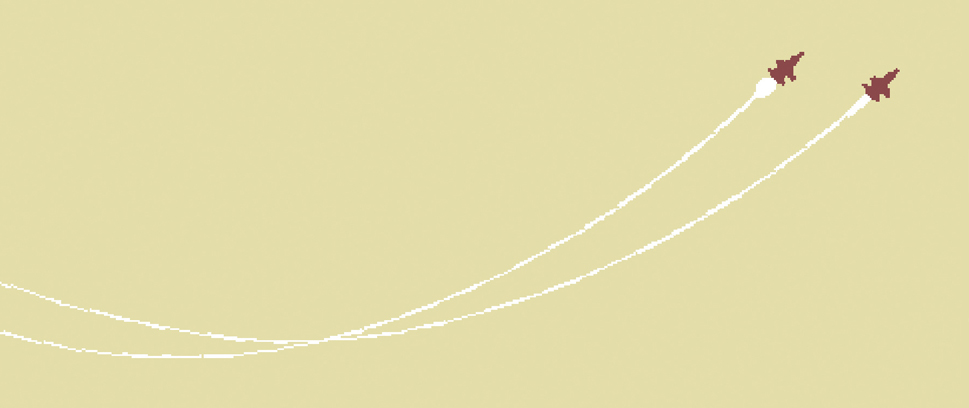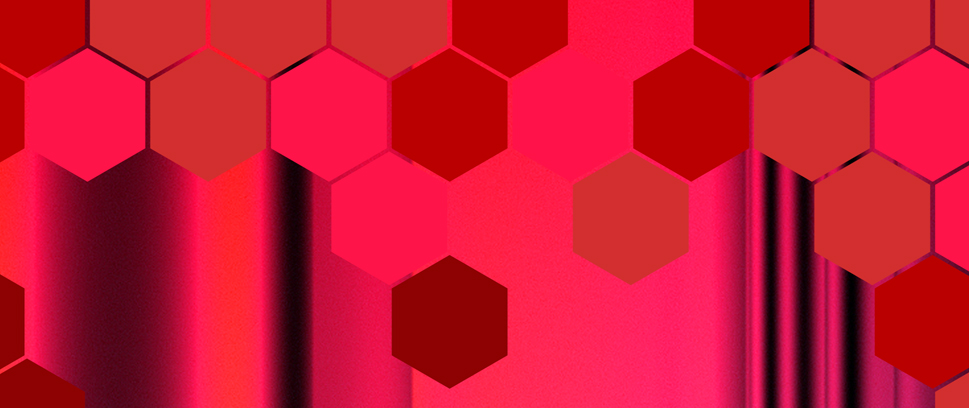
Going Oldboy
The following is an updated reprint from Unwinnable Weekly Issue Seven. If you enjoy what you read, please consider purchasing the issue or subscribing for a month.
———
Little sharp plastic bits from the window fan I had been working on were suddenly strewn across the floor of my apartment. Where one of the fan blades had been just a second ago there now existed nothing but a gaping hole and some loose wiring. I stood above my couch, claw hammer in hand, having just gone Oldboy on the poor, murdered piece of machinery that I had been trying to repair – and felt a nearly uncontrollable urge to destroy every other appliance in my home. As my chest heaved and rage seared my blood, I surveyed the wreckage and forced myself to drop the hammer.
Still shaking, I staggered out onto the small balcony patio and slumped into the black plastic chair my girlfriend and I keep outside for just these occasions, when frustrated slumping needs to occur. What the fuck is happening to me? It was just about the only thought I could muster, even if it was a stupid question to ask. I knew exactly what was happening. Starting a new business venture like Unwinnable Weekly can exact a brutal toll on mind and body. It’s a price you go into the project knowing you will pay at some point. I was well aware of the enormous stress I had endured for the past six months. Two weeks before my outburst at the fan, the pressure-filled days of neglect – when eating the first meal of the day at 3 p.m. was common – reached a breaking point in the form of a seizure.
I’ve been dealing with a pretty mild form of epilepsy since 2004 and I have come to regard the, thankfully, rare occurrences when it rears its head as a barometer of my stress levels. My first occurred during the first few weeks I was at Portland State University, while another struck before a big interview for an internship. They are no picnic to recover from and it’s usually a few weeks until I’m feeling normal. Inexplicable rage, it turns out, is a noted side effect of the electronic scrambling and reordering that happens in my brain during a seizure.
This anger can lead to an ugly scene or two as the brain readjusts. Stress helps cause the seizure, which in turn causes more stress and suddenly you’re standing over some busted up inanimate object like a murderer.
A new study by NPR, the Robert Wood Johnson Foundation and the Harvard School of Public Health seems to confirm that external and internal pressures create a negative feedback loop that can make getting and staying healthy a challenge even for those who don’t have a chronic condition. The study polled 2,500 people ages 18 and older about the stresses in their lives, what they perceived to be their cause and how they managed them.
The results are deeply troubling. Dealing with illness and disease was identified by 27 percent of respondents as the most stressful event to happen to them over the course of a year. For groups experiencing high stress levels in the past month, 60 percent said poor health was the main cause. (This group was also twice as likely to report being in high stress than those with no health conditions.)
Here’s the feedback loop: most people that felt extreme stress in the past month – 74 percent of study participants – said it had a negative effect on their health, with at least half saying they lost sleep (56 percent), concentration (50 percent) or their emotional well-being (63 percent). Not only that, but over half who experienced a great deal of anxiety in the past month that also live with a chronic illness reported that the symptoms became worse or harder to manage. The cycle remains unbroken.
We live increasingly pressure-filled lives and need to do a better job considering the consequences of severe stress, especially when so many are interrelated. Yet it feels like most conversations about stress happen at the level of clickbait lists. It’s disappointing but entirely unsurprising. Maybe we don’t talk about stress because the solutions seem so obvious and yet so out of reach for most Americans.
The Organization for Economic Cooperation and Development, an international economic and social welfare group, lists the top three stress-free countries as Denmark, Finland and the Netherlands. Another study by Bloomberg puts the top three as Norway, Luxemburg and Switzerland, with the previous three in its top 10. The point? They’re all European countries with low unemployment rates, high levels of social services including health care, low pollution and low levels of community violence. They’re places that conservatives deride as socialist and liberals seem content to simply dream about, and it all hinges on health care.
We should stop ignoring stress, especially as it has come to play an ugly role within the videogame industry. From developers to journalists, all one has to do is scroll through Twitter for a few minutes to see the damage stress causes. The pressure and anxiety everyone is feeling has been palpable lately, with people worried about everything from existential crises and social issues to the day-to-day grind and churn. I have never seen more of my colleagues chewed up by the effects of stress and it feels like there’s no end in sight. More and more people are reaching their breaking points, even to the point of leaving the industry, it’s more than disheartening to see it happening on such a large scale.
This evidence is largely anecdotal, but the effects here are real, and if you believe the NPR/Harvard study, likely to get worse if left untreated. It is no surprise that work stress was identified as the third largest worst cause of the past year, right behind personal and family health issues. There’s a long-standing notion among many of my friends and peers that you should just power through your stress, work harder, get the project finished and then you can relax – except there’s always another project.
When you get exhausted thinking about the week’s massive to-do list, it’s your brain telling you to slow down. Slowing down is tough, though, when you feel like you’re the only one taking a break and everyone else is working hard and making progress on their careers. Slowing down is tough anyway, as you’re caught between the millstone of necessary productivity and the erosion of your brain’s functionality.
I wish I had something meaningful to say about this, but I don’t. All I know is that every morning for six months I woke up with a pit in my stomach that got bigger and bigger until one night the levee broke and I paid a price for what I put myself through. I’ve got no grand denouement this time, but I’ll leave you with a plea instead: put this cursed electronic shackle down and take a damn walk outside. There is more to the world than Twitter and your next deadline, even if it doesn’t seem like it sometimes.
Don’t end up like me, standing over a fan with a hammer, waiting for the cycle to repeat itself.
———
Follow Owen on Twitter @InaneDetails.





